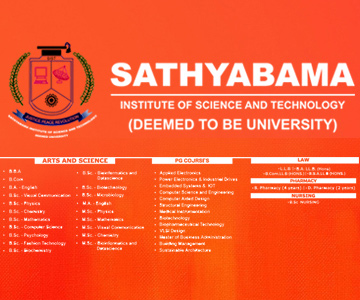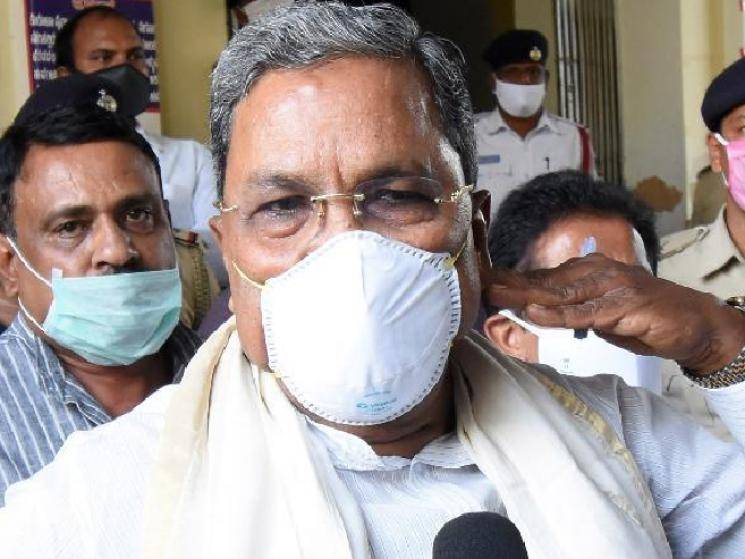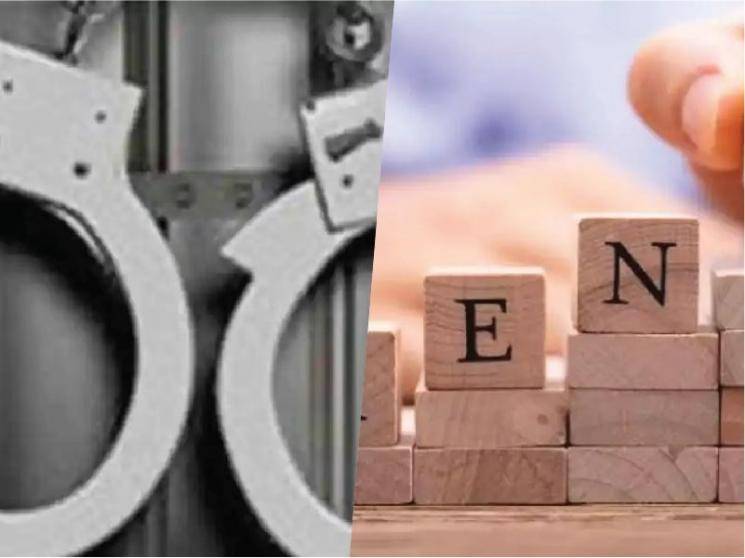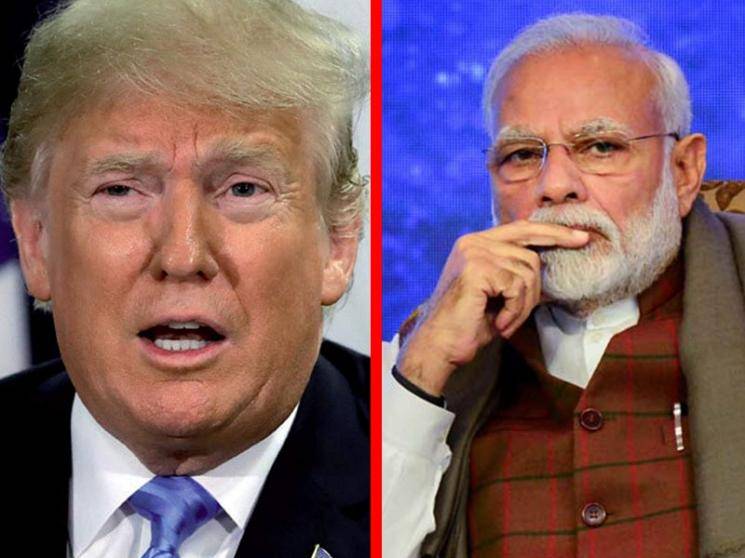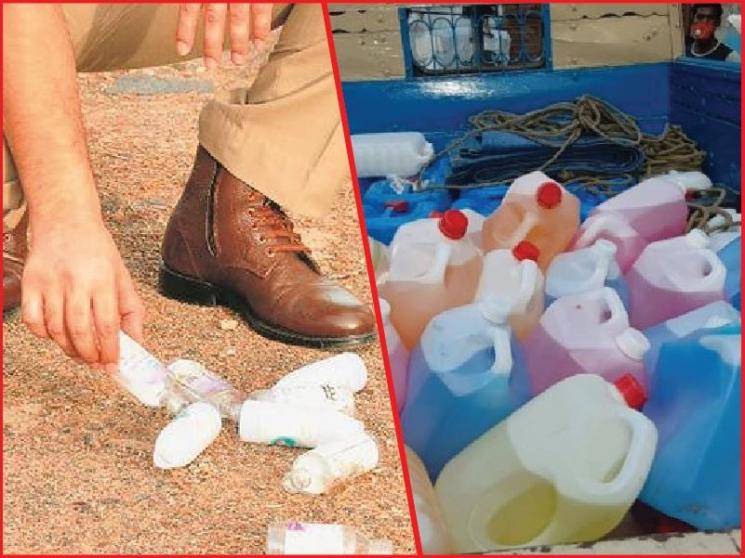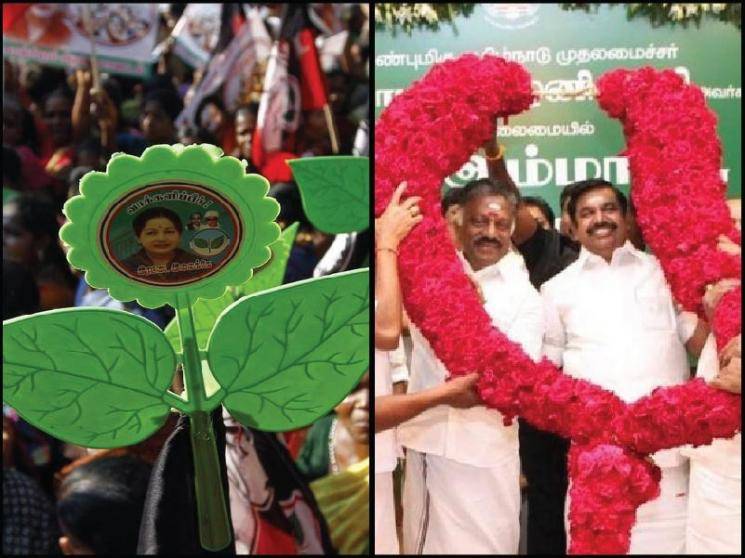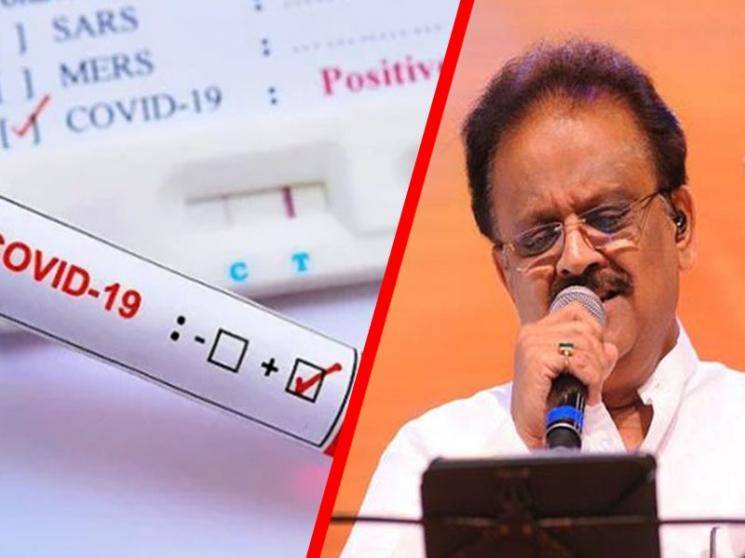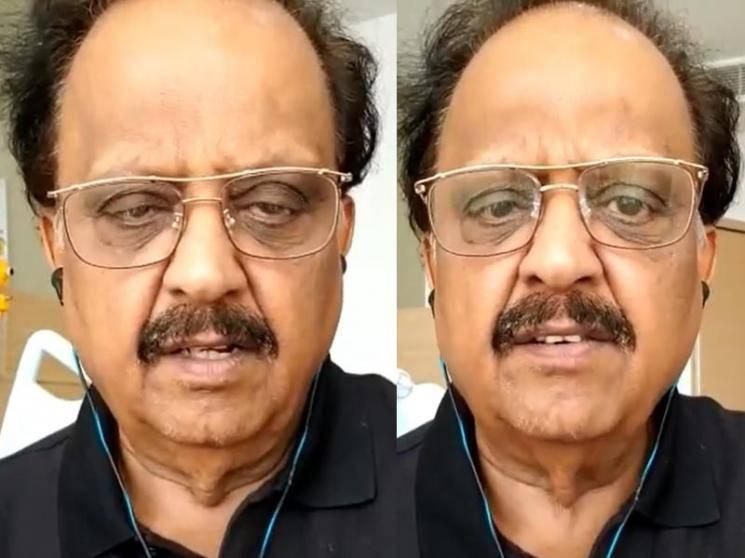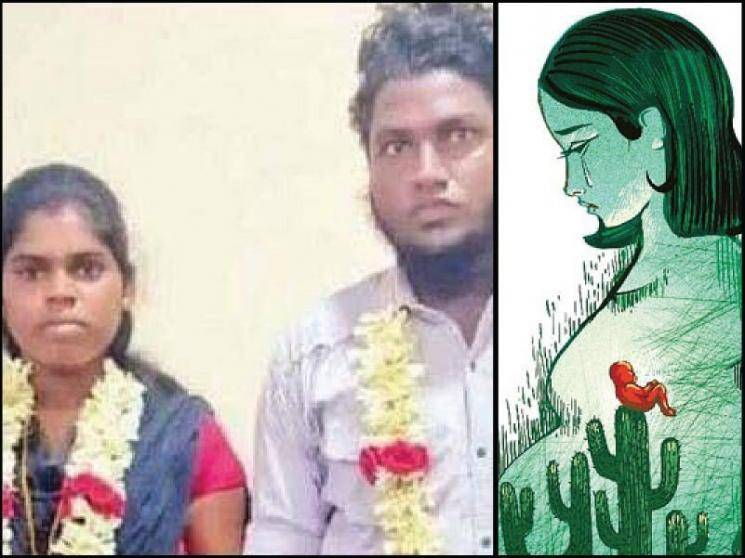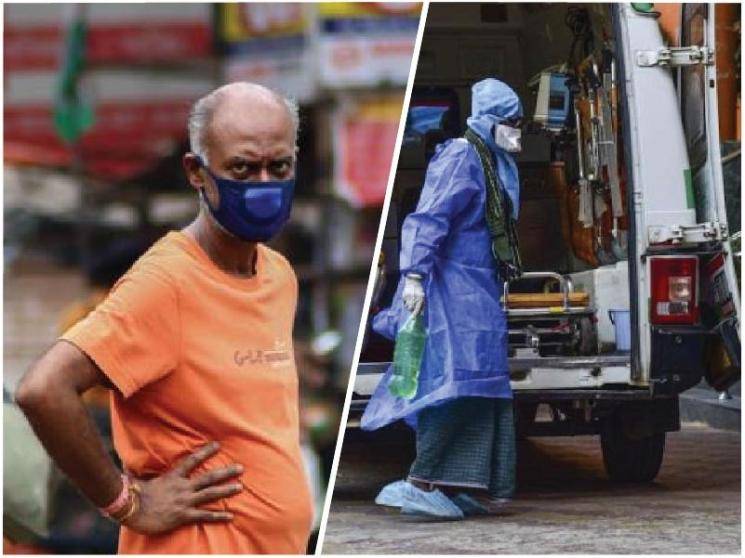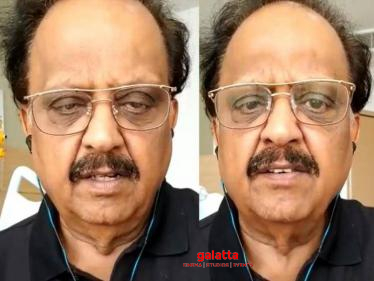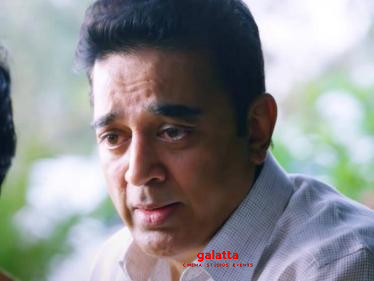COVID-19 testing in India lower compared to other countries: WHO chief scientist Soumya Swaminathan
By Vivek Raj | Galatta | Aug 05, 2020, 02:00 pm
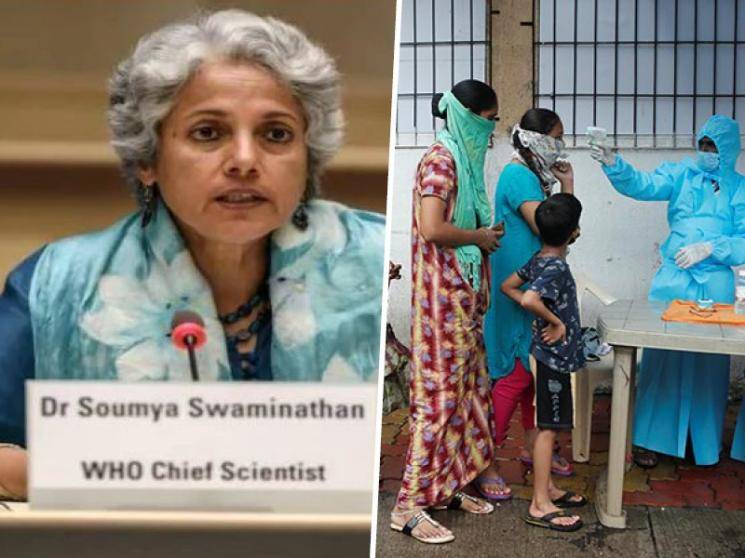
The World Health Organization’s (WHO) chief scientist Soumya Swaminathan on Tuesday during an interactive session through a video conference said India's COVID-19 testing rate is lower compared to some other nations such as Germany, South Korea, Japan and Taiwan, who have come out on top.
She pointed out that lockdowns were a temporary measure to curb the spread of the novel coronavirus and added saying, "the idea is to buy time for the government to put in place the system needed to tackle the virus,", the Press Trust of India (PTI) had quoted her. She said, "India as a whole, the testing rates are much lower compared to some of the countries, who have done well like Germany, Taiwan, South Korea, Japan", while adding that inadequate testing will only mean fighting the virus akin to "fighting fire blindfolded".
Swaminathan stated that the number of tests being conducted around the country was not sufficient if the COVID-19 test positivity rate is above five per cent. As per the latest data released by the Ministry of Health and Welfare, India’s positivity rate stands at 8.89 per cent. "Even the United States is testing a huge number of people. So we need to have some benchmark and every public health department needs to have benchmarks on what is the rate of testing per lakh or per million, what is the test positivity rate", she said.
The chief scientist at the WHO further laid emphasis on governments to regularly monitor the availability of beds, quarantine facilities, ICUs and oxygen supplies in all district hospitals across the country. She stated, "So there is a set of 8 to 10 indicators that the government needs to keep a close watch on. And you can ramp up or ramp down based on what you are seeing on the ground,".
In regard to the ongoing vaccine trials, Swaminathan said guidelines on it have been issued by the WHO and asserted that a vaccine will be deemed as a good one if its efficacy rate is found to be at 70 percent. She also spoke about the COVAX facility saying its aim is to deliver two billion doses of safe, effective vaccines after getting regulatory nod and/or WHO prequalification by the end of 2021.

.jpg)



